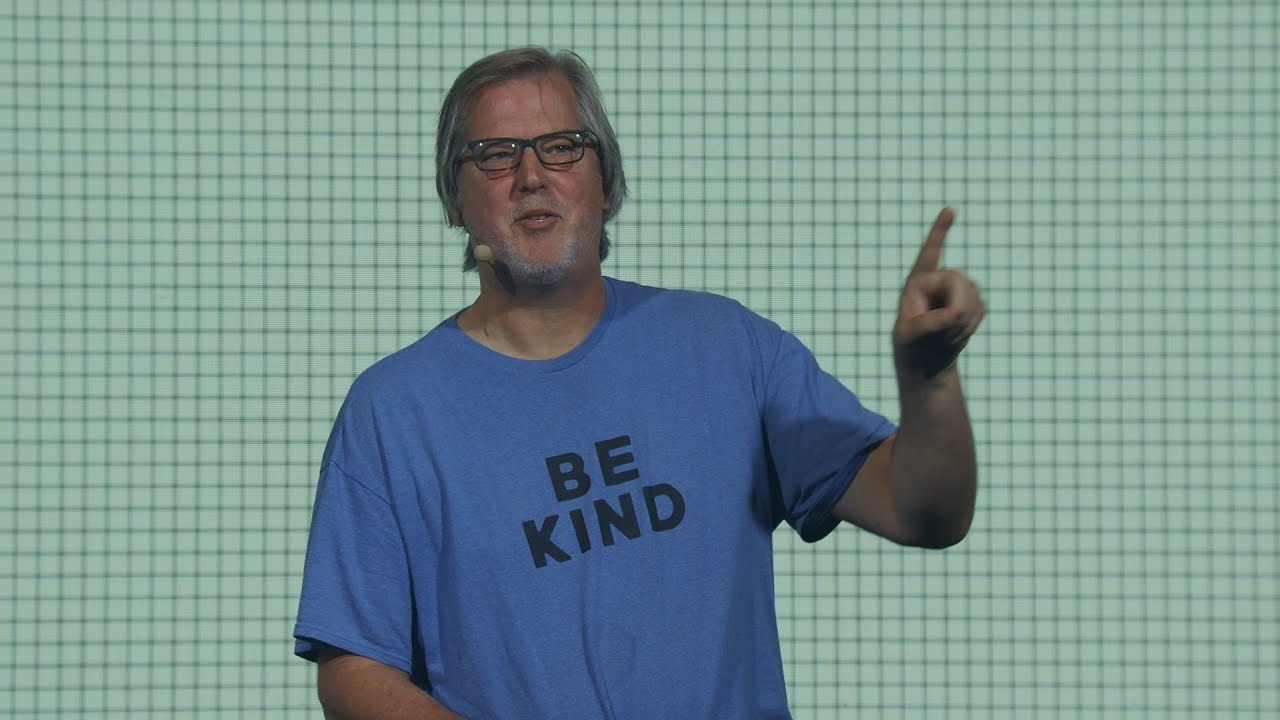You name a property right and I’ll name a government-enforcement of that property right.
Oh, wait, what is a “government”?
While I’ve got my problems with “Libertarians”, at least of the neo-kind (in contrast with Lysander Spooneresque paleo-kind), I’ve also got my problems with these neo-limits-to-growth guys:
Neither side of this “debate” possesses sufficient critical thought to understand that the real debate is between two modes of violence:
- Sexual reproduction
- Asexual reproduction
We’ve previously discussed this in:
Sexual reproduction’s violence takes the form of what we call “individuals” in individual vs individual fights over resources – most critically fertile females.
Asexual reproduction’s violence takes the form of eat-or-be-eaten armies in the form of what we call “groups”, whether the pre-Cambrian cellular clone mats, the eusocial insects of the last 100 million years or the nascent asexuality of primate group conflict of the last 6 million years.
There is no escaping these two modes of violence outside of mythic notions of utopia where the lion lies down with the lamb – the belief in which inevitably ends with Pax Parasitism’s replacement of force with fraud. (And, no, neo-libertarian rhetoric trying to define fraud as a form of force is just another form of parasitic sophistry.) Indeed, the sine qua non of eusociality according to E. O. Wilson is the parasitic castration of young.
Zamyatin’s We fictionalized that existing powers will alter
human nature by lobotomy-like operations on the brain. This
does not appear improbable, but to me it is a less disturbing
prospect than Huxley’s projection. In both We and Nineteen
Eighty-four the projected conditions are brought about by force.
That leaves room for optimism. So long as overt force is
necessary the doomsday does not appear inevitable; the need to
use force implies the existence of a latent opposing force. The
need to use force implies that the will to resist the trend has not
entirely disappeared.Huxley’s book leaves no room for optimism. It shows a
bureaucratic system admired by the lowliest worker as greatly as
the highest administrator. The system has created a population of
what some would call “slaves”. However the “slaves” do not
have to be coerced. All will to opposition has been broken. They
love their servitude. When human animals have reached this state
it is a point of no return.
– “Brave New World: a different projection” by John Harland
Andreessen et al might be amenable to “Nature Preserve Earth”, especially since they seem more identified with Bezos’s rent-seeking ethos than Musk’s entrepreneurial ethos, and Bezos has been at least more vocal about Earth as a nature preserve. But are they willing to face the fact that domestication of wolves by everyman an alpha resulted in the reawakening of the 600M years of sexual selection leading to our heritable individualism that overcame the 6 million years of asexual selection in our primate line?
No. Of course not. This is all too “tendentious” for them to accept, despite the fact that everyone in Hollywood knows you don’t end an action movie without a mano-a-mano fight to the death as a profitable, if pornographic, degeneration of what caused the Cambrian Explosion of genuine diversity consequent to the limitation of migration of mating age males. Need to import more mating age males for that sweet sweet cheap labor!
They identify humanity at large as “the apex predator” without realizing that they are responsible for advancing the evolution of eusociality with them as the reproductive caste. But the consequent parasitic castration of the young men who are supposed to be their sterile workers will, in fact, turn out to be the real apex predators of their capital, as I described in my 1992 tax reform proposed to “herd” the lower levels of the trophic cascade into getting the evolution of eusociality off of my planet and in space where Bezos’s O’Neill colonies can house their pseudo-“individualism”:
INTRODUCTION
In nature, predators benefit prey by feeding on the weakest
members of the population, thus strengthening the gene pool of
the prey. Parasites are far less discriminating than predators.
Parasites are careful to avoid killing their individual hosts by
focusing on the vital fluids, rather than killing for tissue.
Parasites are beneficial to neither the individual host nor to
the host’s gene pool.In his opus, “The Discourses” Niccolo Machiavelli counsels the
founder of any new state to present tolerable challenges to the
people at all times, so as to strengthen their character. Either
the founder should locate in an austere land where nature herself
will provide discipline, or, if locating in a fertile area, the
founder should impose measured austerities on the people himself.
Machiavelli specifically mentions taxation as an attractive tool.There is hidden morality in Machiavelli’s apparent ruthlessness:
At each stage of life, you have passed beyond dependence on that
which raised you to that stage. If you continue accepting what
was once given to you, it weakens rather than strengthens you.If we follow Machiavelli’s wisdom and are consistent with the
ecological model of predator/prey dynamics, we should avoid
parasitic tax systems which drain off productivity in the form of
income, capital gains, sales and value added. We should instead
look for a tax policy that acts as a predator, applying
disciplinary pressure to the economy by measuring how effectively
business entities are utilizing their “living tissue” or net
assets. We should do so without violating nascent businesses and
families, as these are the fountainhead of wealth and value.To that end, this white paper argues for the adoption of the
following policy reform:The government should tax net assets, in excess of levels
typically protected under personal bankruptcy, at a rate equal to
the rate of interest on the national debt, thereby eliminating
other forms of taxation. Creator-owned intellectual property
should be exempt.
and leave sexual evolution in the biosphere to individual male intrasexual selection.
